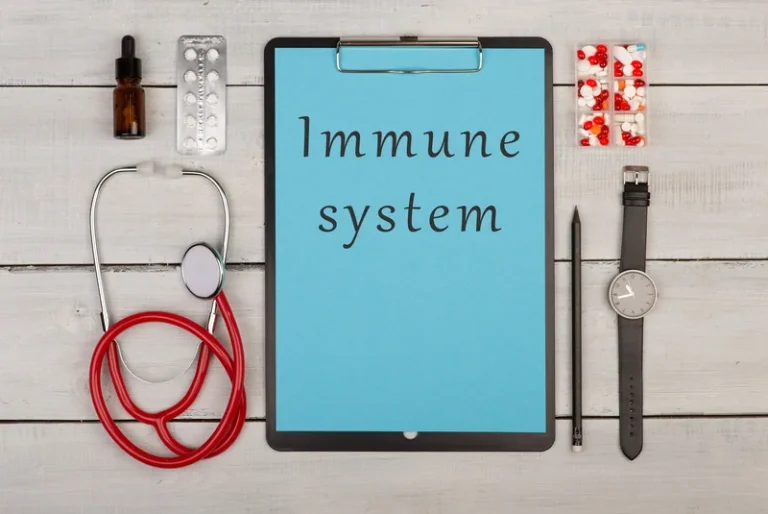
Age and overall health status can also play a role, as the immune system changes over time and with varying health conditions. Understanding these risk factors can help you manage your potential exposure and reaction to wine allergens. Fortunately, this allergy is not as common as other food allergies, and you may continue to enjoy your fine wine without worrying about getting an allergic reaction.
- This swelling occurs in the nose and causes the lining of the nose and turbinates (filters of the nose) to swell up.
- If they do have similar reactions to all of these alcoholic beverages, then abstinence is the only way for them to not experience these effects.
- But if you have two at a sitting, they should be separated by at least an hour.
- Since red wines are fermented with the grape skins included, they may contain higher levels of the proteins that can trigger IgE- and/or IgG- mediated immune reactions.
How can you differentiate between wine allergy and intolerance?
These reactions can occur almost immediately after consuming wine. Sometimes, these symptoms can be mistaken for common alcohol intolerance, but the difference lies in the immune system’s involvement. One key factor is that red wine generally contains higher levels of histamines compared to white wine.
Red Wine Intolerance
Therefore, it’s possible to have an allergy to both beer and wine. If you’ve had reactions to wine, could you also have reactions to other things? Are some allergens shared between wine and other foods or products? Generally speaking, most wines contain all of the potential allergens discussed above. These include proteins, enzymes, dairy products, molds, and ingredients used in the production of wine. People with an intolerance to a food or beverage may experience symptoms that are uncomfortable but not life-threatening.

What is the difference between alcohol allergy and intolerance?
- Wine allergies are relatively rare, affecting a small percentage of the population.
- For example, red wine contains a much higher percentage of histamines when compared to white varieties, so choose wisely if wine sneezes are known to put a damper on your evening.
- If you’re allergic to wine, the best way to prevent having an allergic reaction to wine is to avoid drinking it.
- Allergens can come from the insects (yes, insects!) which have inadvertently contaminated the wine crush [1].
- One key factor is that red wine generally contains higher levels of histamines compared to white wine.
These allergens could be from the proteins derived from grapes used in the wine. They can also come from yeasts, molds, bacteria, proteins and ingredients used during the wine making processes. Allergens can come from the insects (yes, insects!) which have inadvertently contaminated the wine crush [1]. Allergic reactions have also been described for other compounds present in wine such as ethanol, acetaldehyde, tannins and acetic acid. For the average wine consumer, it is very easy to identify which mechanism is causing their reactions to wine. All of these beverages have the same amount of ethanol and should cause the same reactions.
Why do my seasonal allergies seem worse when I drink wine?
Yes, a small number of people suffer from sulfite intolerance, but these are not the symptoms most people complain about when they say they are intolerant to wine. Instead, those who suffer from sulfite intolerance experience symptoms similar to asthma and allergic rhinitis (sneezing, itchiness, blocked or runny nose). The most common reactions are wheezing, tight chest and coughing. While this may sound like an allergic reaction, these types of reactions to wine or beer actually have more to do with your immune system.

If you’re allergic to wine, the best way to prevent having an allergic reaction to wine is to avoid drinking it. One 2005 study surveyed people who experience upper airway symptoms in response red wine sneezing to alcohol. Allergies are an abnormal immune response to an ingredient in wine. Some people, especially those with asthma, may also have a sulfite sensitivity, which is an immune reaction.
Irritants and Other Sneezing Triggers
If you are sensitive to them and experience these symptoms after even a small glass of wine, stick to clear, high-quality spirits such as gin and vodka. Both these drinks can contain traces of gluten though so you should avoid them if you are gluten intolerant. Alcohol also can cause a histamine reaction (allergic reaction) in the nose which can cause congestion or a runny nose. Some ethnicities, such as Asians, have inherited genetic traits that increase their risk for this reaction as well as other symptoms.

Am I Allergic to Wine? What to Know About Wine Allergens and Allergies
Wine can contain several potential allergens, including grapes, yeast, and sulfites. For some people, the histamines in wine, which are produced during the fermentation process, can cause allergy-like symptoms. Additionally, some individuals may be allergic to specific types of wine, such as red wine, due to their higher histamine content. Wine allergies can also be linked to certain types of grass allergies, as the grapes used in winemaking can be affected by the surrounding vegetation.

Red Wine Allergy & Intolerance– What Are They?
Determining whether you have a wine allergy or intolerance can be challenging, as both conditions can cause similar symptoms. The main difference between the two lies in the body’s reaction mechanism. An allergy involves the immune system, while intolerance is characterized by digestive issues. A wine allergy is primarily triggered by the immune system’s response to certain substances found in wine.
If you have an allergy to wine, though, be sure to consult your doctor before picking up a bottle of Surely non-alcoholic wine. If you have a grape allergy, you’ve probably been through allergy testing for the long list of foods to avoid, like tree nuts, asparagus, figs, and dates. Lastly, chronic wine allergy can significantly impact quality of life. Constantly dealing with symptoms can lead to fatigue, loss of sleep, and difficulties in everyday activities. This is similar to the challenges faced by those with a mold allergy, where constant exposure and recurring symptoms can create significant challenges. Usually, blood tests and skin prick tests are performed to determine the kind of allergy.

